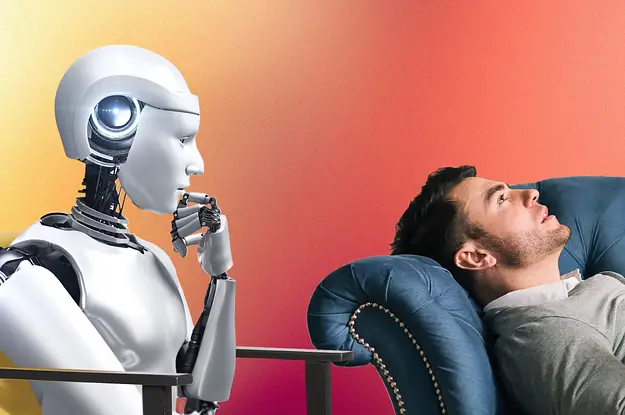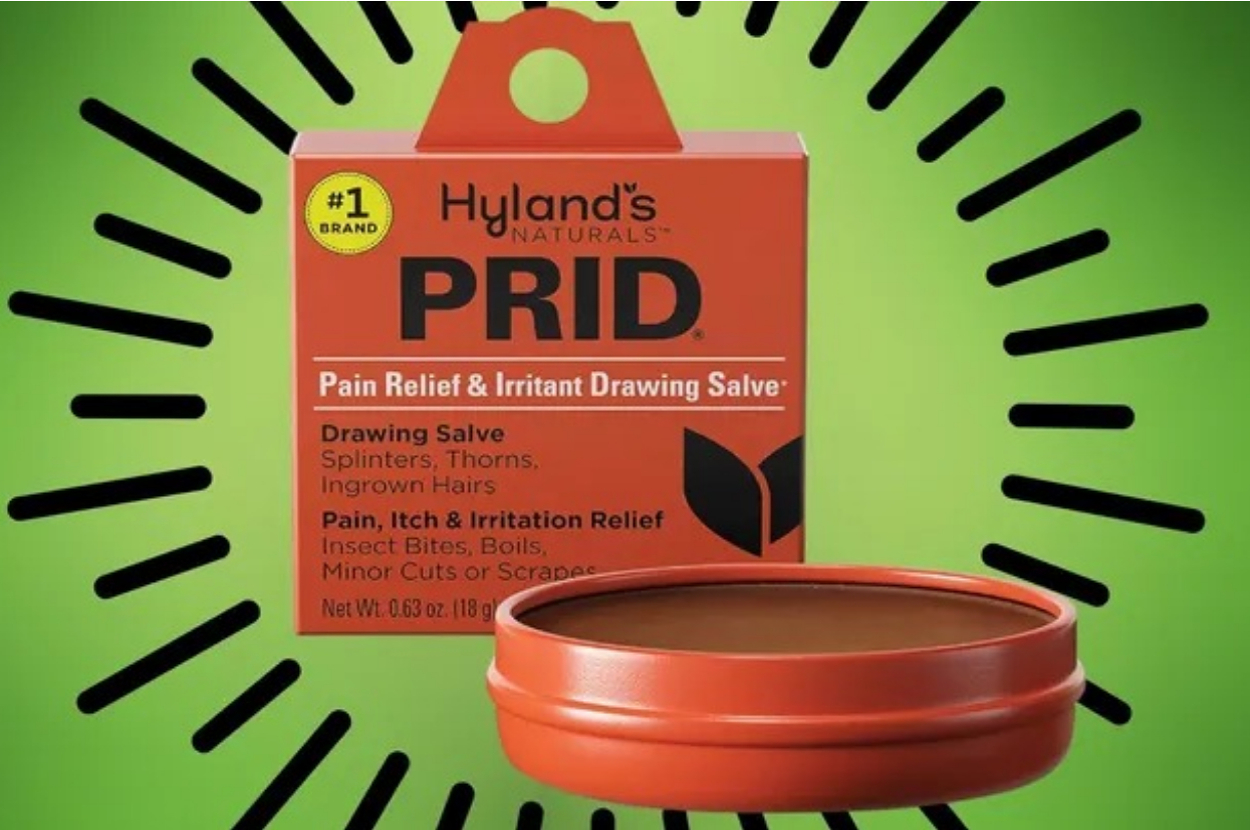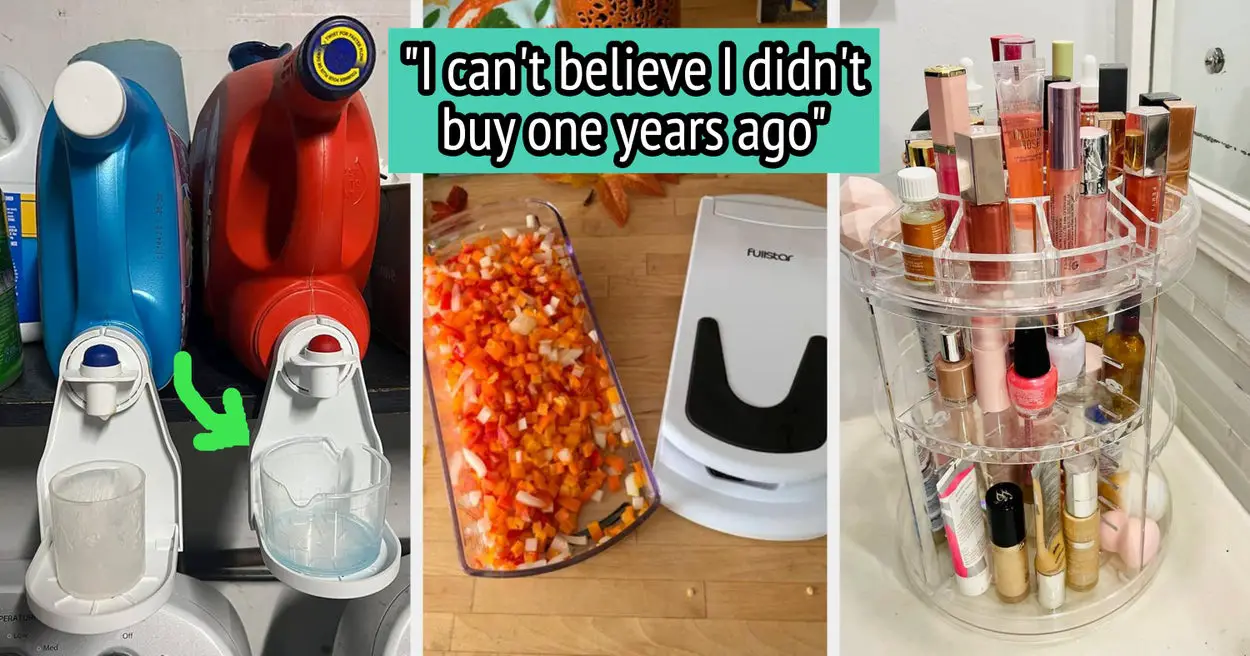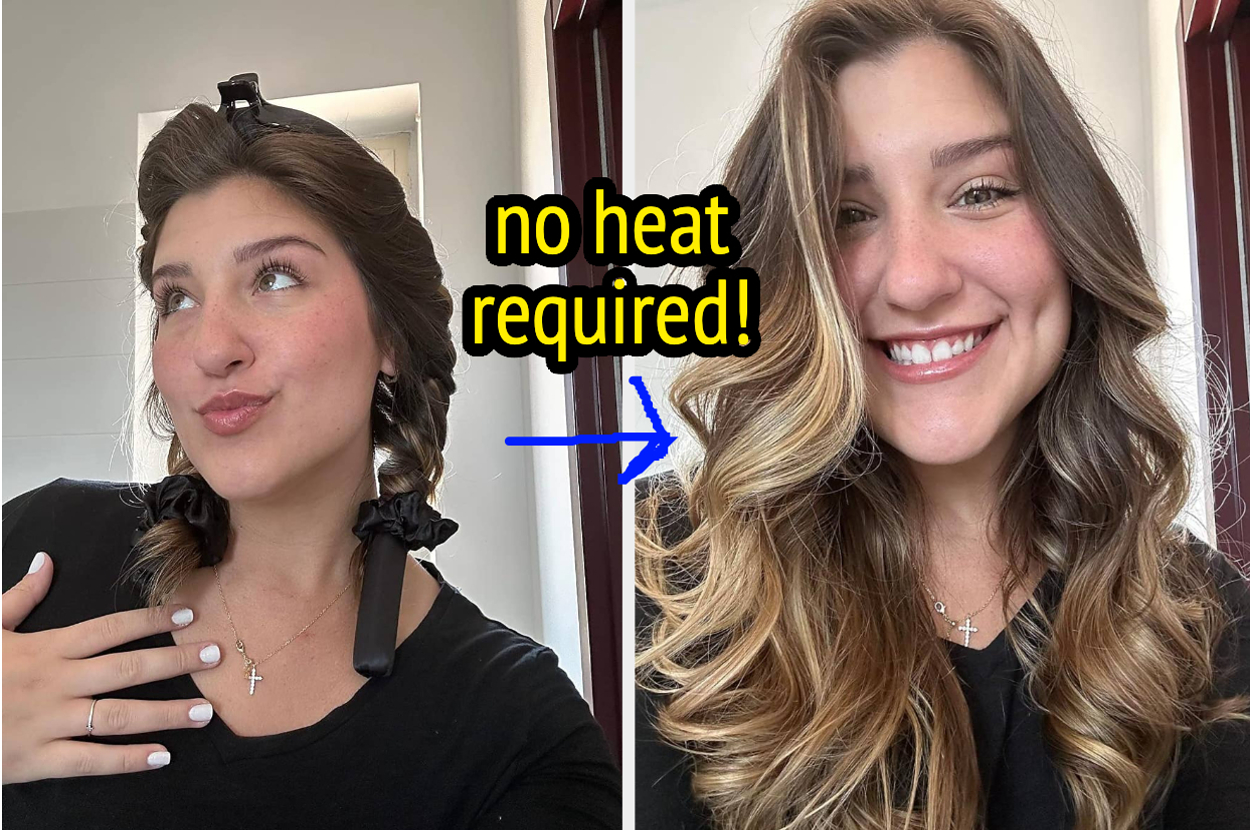“I started thinking that I could build an AI therapist using the ChatGPT API and tweak it to meet the specifications for a therapist,” she said. “It increases accessibility to therapy by providing free and confidential therapy, an AI rather than a human, and removing stigma around getting help for people who don’t want to speak with a human.”
In theory, AI could be used to help meet the rising need for mental health options and the lack of mental health professionals to meet those needs. “Accessibility is simply a matter of a mismatch in supply and demand,” Iyer told BuzzFeed News. “Technically, the supply of AI could be infinite.”
In a 2021 study published in the journal SSM Population Health that included 50,103 adults, 95.6% of people reported at least one barrier to healthcare such as the inability to pay for it. People with mental health challenges seemed to be especially affected by barriers to healthcare, including cost, expert shortage, and stigma.
In a 2017 study, people of color were particularly susceptible to healthcare roadblocks as a result of racial and ethnic disparities, including high levels of mental health stigma, language barriers, discrimination, and a lack of health insurance coverage.
One advantage of AI is that a program can translate into 95 languages in a matter of seconds.
“Em’s users are from all over the world, and since ChatGPT translates into several languages, I’ve noticed people using their native language to communicate with Em, which is super useful,” Brendle said.
Another advantage is that, although AI can’t provide true emotional empathy, it also can’t judge you, Brendle said.
“AI tends to be nonjudgmental from my experience, and that opens a philosophical door to the complexity of human nature,” Brendle said. “Though a therapist presents as nonjudgmental, as humans we tend to be anyways.”
Here’s when AI shouldn’t be used as an option
However, mental health experts warn that AI may do more harm than good for people looking for more in-depth information, who need medication options, or in a crisis.
“Having predictable control over these AI models is something that is still being worked on, and so we don’t know what unintended ways AI systems could make catastrophic mistakes,” Iyer said. “Since these systems don’t know true from false or good from bad, but simply report what they’ve previously read, it’s entirely possible that AI systems will have read something inappropriate and harmful and repeat that harmful content to those seeking help. It is way too early to fully understand the risks here.”
People on TikTok are also saying that adjustments should be made to the online tool — for example, the AI chat could provide more helpful feedback in its responses, they say.
“ChatGPT is often reluctant to give a definitive answer or make a judgment about a situation that a human therapist might be able to provide,” Kyla said. “Additionally, ChatGPT somewhat lacks the ability to provide a new perspective to a situation that a user may have overlooked before that a human therapist might be able to see.”
While some psychiatrists think ChatGPT could be a useful way to learn more about medications, it shouldn’t be the only step in treatment.
“It may be best to consider asking ChatGPT about medications like you would look up information on Wikipedia,” Torous said. “Finding the right medication is all about matching it to your needs and body, and neither Wikipedia or ChatGPT can do that right now. But you may be able to learn more about medications in general so you can make a more informed decision later on.”
There are other alternatives including calling 988, a free crisis hotline. Crisis hotlines have calling and messaging options available for people who can’t find mental health resources in their area or don’t have the financial means to connect in person. In addition, there is the Trevor Project hotline, SAMHSA’s National Helpline, and others.
“There are really great and accessible resources like calling 988 for help that are good options when in crisis,” Torous said. “Using these chatbots during a crisis is not recommended as you don’t want to rely on something untested and not even designed to help when you need help the most.”
The mental health experts we talked to said, AI therapy might be a useful tool for venting emotions, but until more improvements are made, it can’t outperform human experts.
“Right now, programs like ChatGPT are not a viable option for those looking for free therapy. They can offer some basic support, which is great, but not clinical support,” Torous said. “Even the makers of ChatGPT and related programs are very clear not to use these for therapy right now.”
Dial 988 in the US to reach the National Suicide Prevention Lifeline. The Trevor Project, which provides help and suicide-prevention resources for LGBTQ youth, is 1-866-488-7386. Find other international suicide helplines at Befrienders Worldwide (befrienders.org).
Source link











Leave a Reply